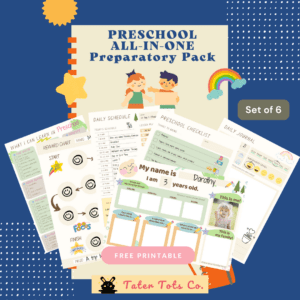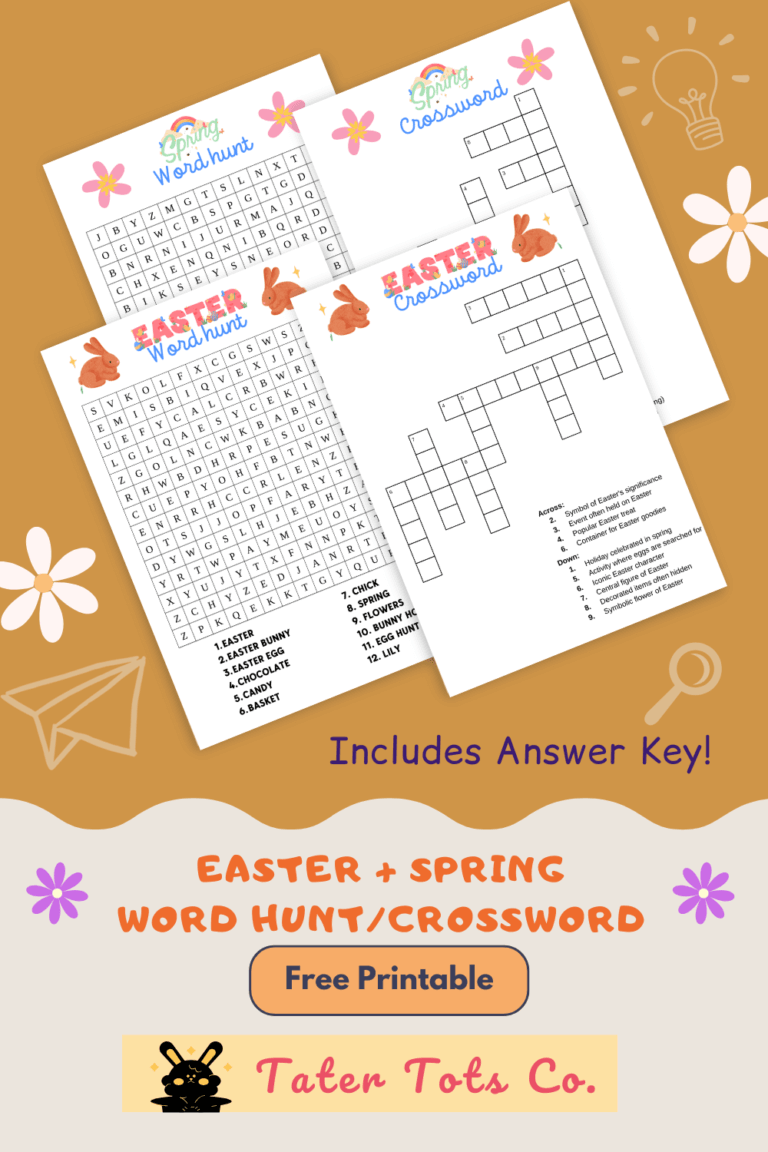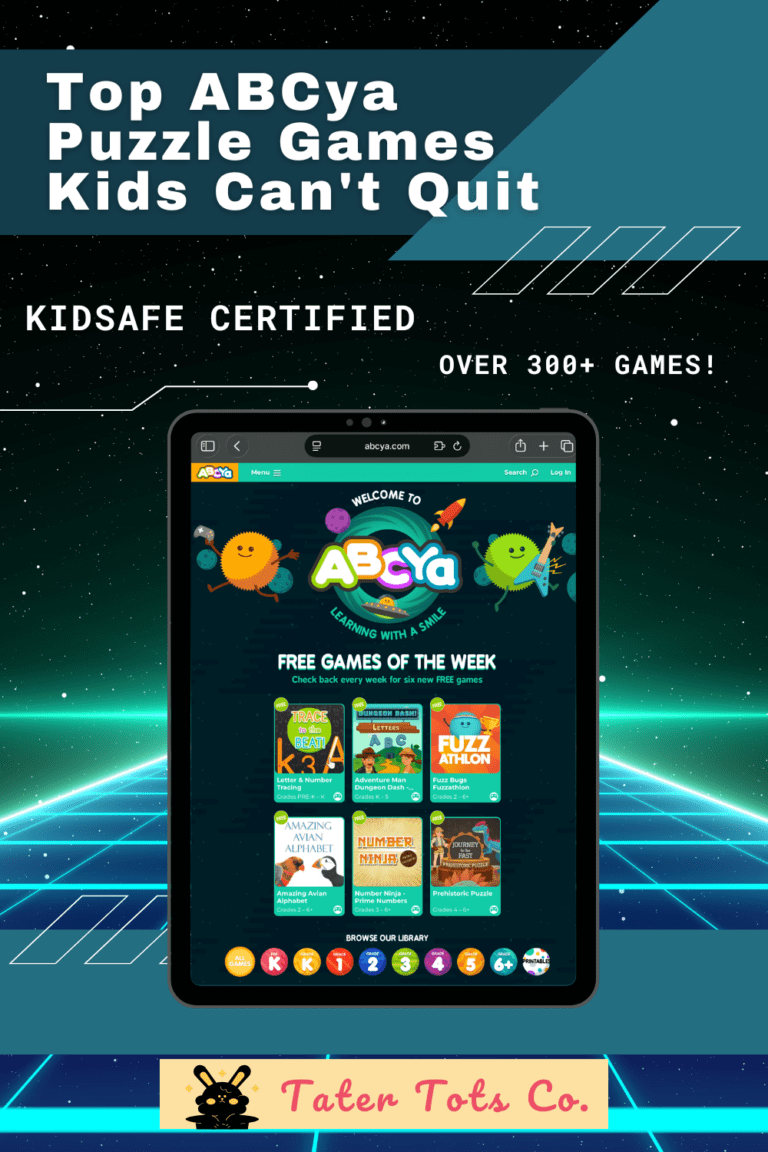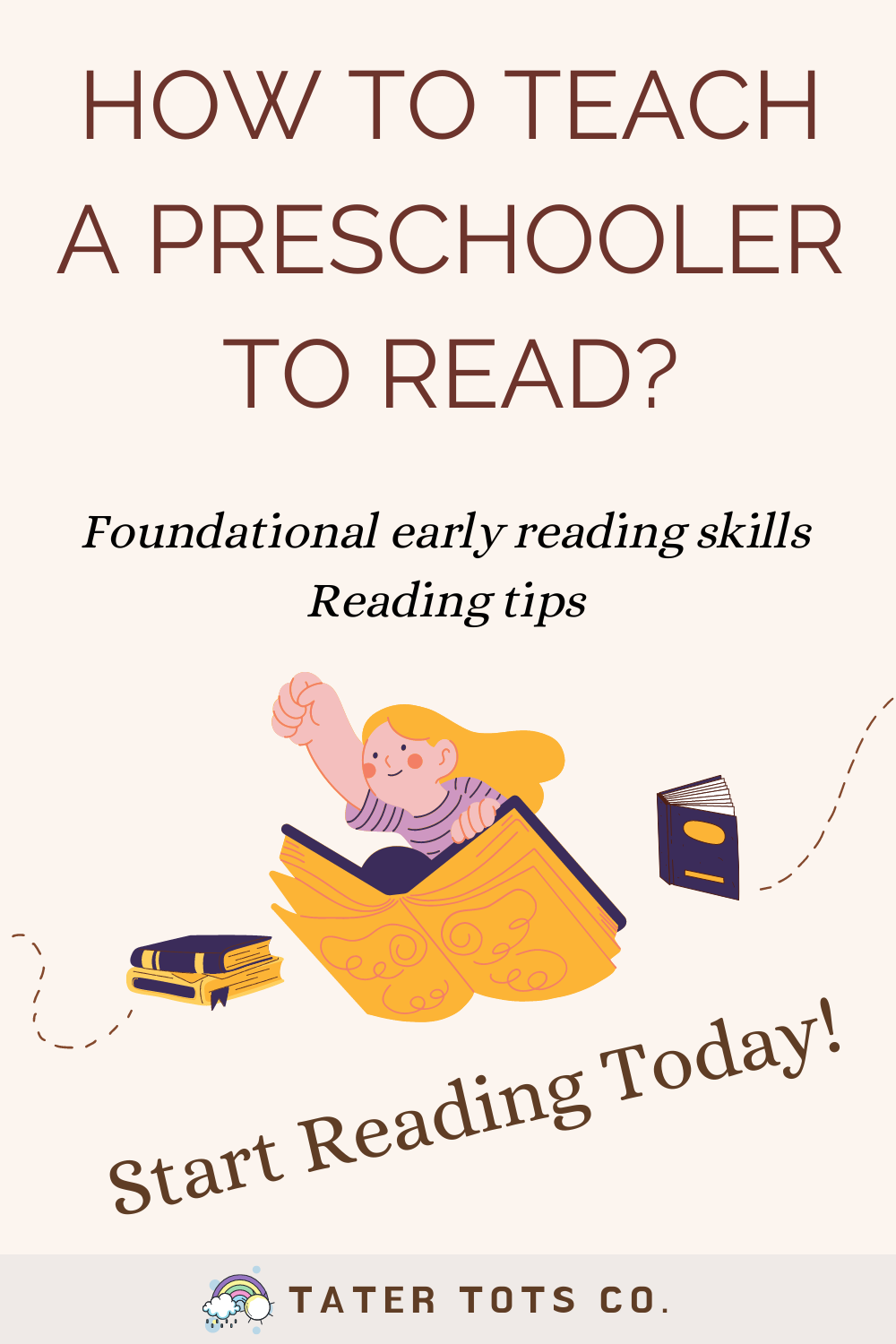
How to teach a preschooler to learn to read?
Introduction
It’s never too early to start teaching toddlers how to read independently. As caregivers, it’s important to encourage and nurture a child’s interest in reading.
In this article, we will explore the key foundational skills for early reading and discuss how to help young learners reach their reading goals.
Let’s begin building and developing these essential early reading skills!
Related Articles:
Free Relaxing Stories for Children
Transform Your Reading Space with a Free Printable Set of 6 Preschool Reading Posters
When should kids learn to read on their own?
Kids can pick up early reading skills even though they may only learn how to read on their own at the age of 5 to 7 years old.
To start, they can learn and master the alphabet, letters, and sounds.
They may also learn proper etiquette when reading books.
Some proper etiquette with reading is:
- Treating books with proper care and how to handle books
- How to hold books, turn the pages, etc.
- Proper posture when reading
They should not tear, damage, or vandalize their books.
Foundational early reading skills
Before learning to read, these are some foundational early reading skills that will help them establish good reading habits and prepare them for the challenge of learning to read.
1. Phonemic Awareness
Learning to hear the sounds of letters through play with words, rhymes, and syllables in everyday speech.
Short stories are an excellent way to develop this skill for young kids.
2. Learning Phonics
Phonics is the process of identifying sounds associated with letters. Through reading, young kids can practice reading words, phrases, and sentences altogether.
There are many ways to learn phonics other than through reading.
Some examples are games, songs, flashcards, and alphabet/letter activities.
3. Learning Vocabulary
Vocabulary refers to words that are connected to things, objects, places, and people. If you read aloud books and talk to your child more, they can learn new vocabulary and expand their knowledge.
4. Building Fluency and Accuracy
Through daily practice and exposure to new books, preschoolers can gradually build their accuracy in the pronunciation of their words.
5. Reading Comprehension
Preschoolers should gradually learn to understand and interpret both the pictures and the text in the books they read. You can help develop this skill by asking your child simple questions as you read together.
For example, you might ask, “Why did the fox run away?” or “Who ate the carrot?” Preschoolers usually enjoy being asked questions during storytime because it feels like a fun game to them.
If your child gives an incorrect answer, don’t worry—just encourage them to try again or gently explain the answer simply. This approach helps reinforce their listening and comprehension skills while keeping them engaged with the story.
How to teach early reading skills
Here are some ways we can help kids achieve early reading skills while building kids’ knowledge and early literacy skills.
Other than teaching reading etiquette to a toddler, have them learn how to do these, too
They should learn how to,
1. Flip the pages of the book as you read to them
They should be involved in the process, focused on the current story at hand, and not be distracted by other things
2. Follow the words on the page
They should look at the words in the book, not other things. Again, they should not be distracted by something else but should be practicing to follow the words as they read.
You can further enforce this skill by reading together slowly and steadily with your child while pointing to the words.
It will require a lot of patience, but remember, your child is learning, and you need to take it slow, even if you’re busy and need to rush other things.
As you move along, correct any misspellings and pronunciations that your child may have if you’re reading together with them.
3. How can Kids Learn to write
Reading and writing go hand in hand. Teach them about writing, too, and it will further reinforce their reading skills.
Teach them how to write the alphabet and letters. How they are both spelled and written (i.e., from left to right). Explain simple punctuation and sentence structures.
You can consider keeping a book log of the books you read with your child.
For young kids, the book record should be simple, preferably with a place to include the book name, the author’s number of pages, and an easy rating system.
Conclusion
Reading should be an enjoyable experience, not something forced on a child. Practice reading skills together with patience, making it a positive and relaxed activity.
If your child is in preschool, try to set aside time each day to review schoolwork and to read aloud together. Treat this as a special bonding time that’s fun for both of you, rather than a chore.
Let your child choose their own books, especially those with themes and characters that interest them. This helps foster a genuine love for reading, sparks their imagination, and builds their vocabulary and knowledge.
Motivational Quotes
Here are some motivational quotes with explanations to get you started!
For more free content, check out our section on relaxing stories for children here.
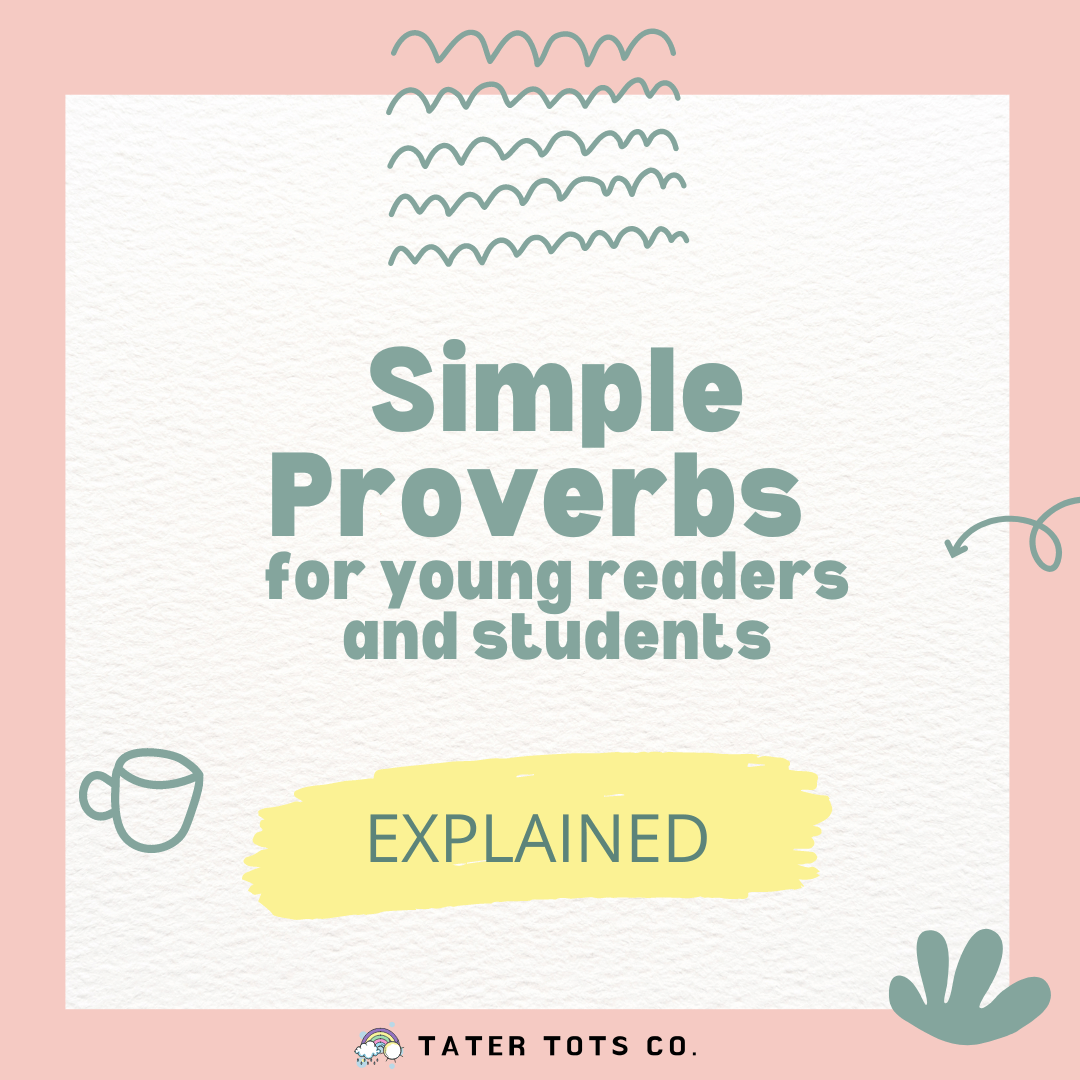
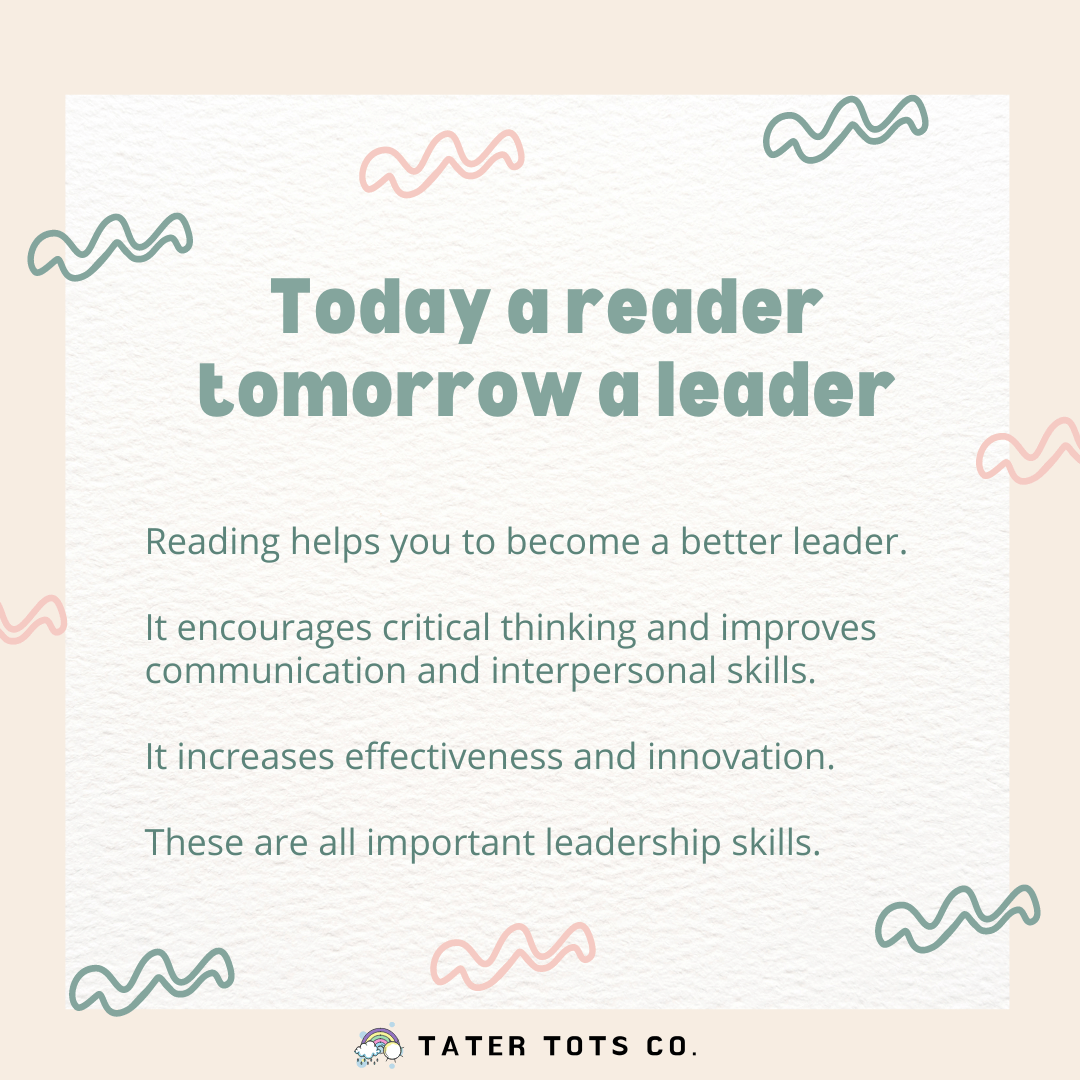
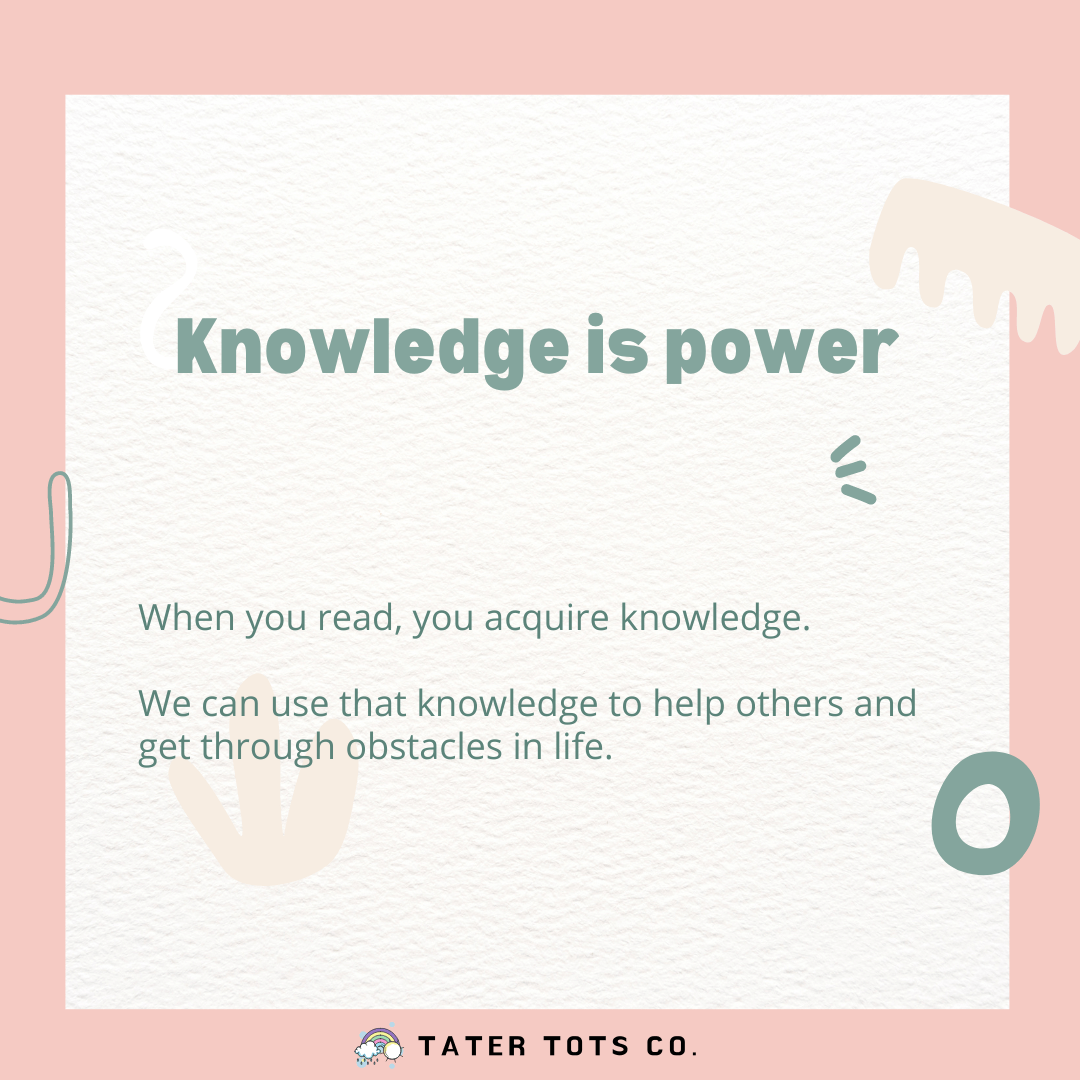
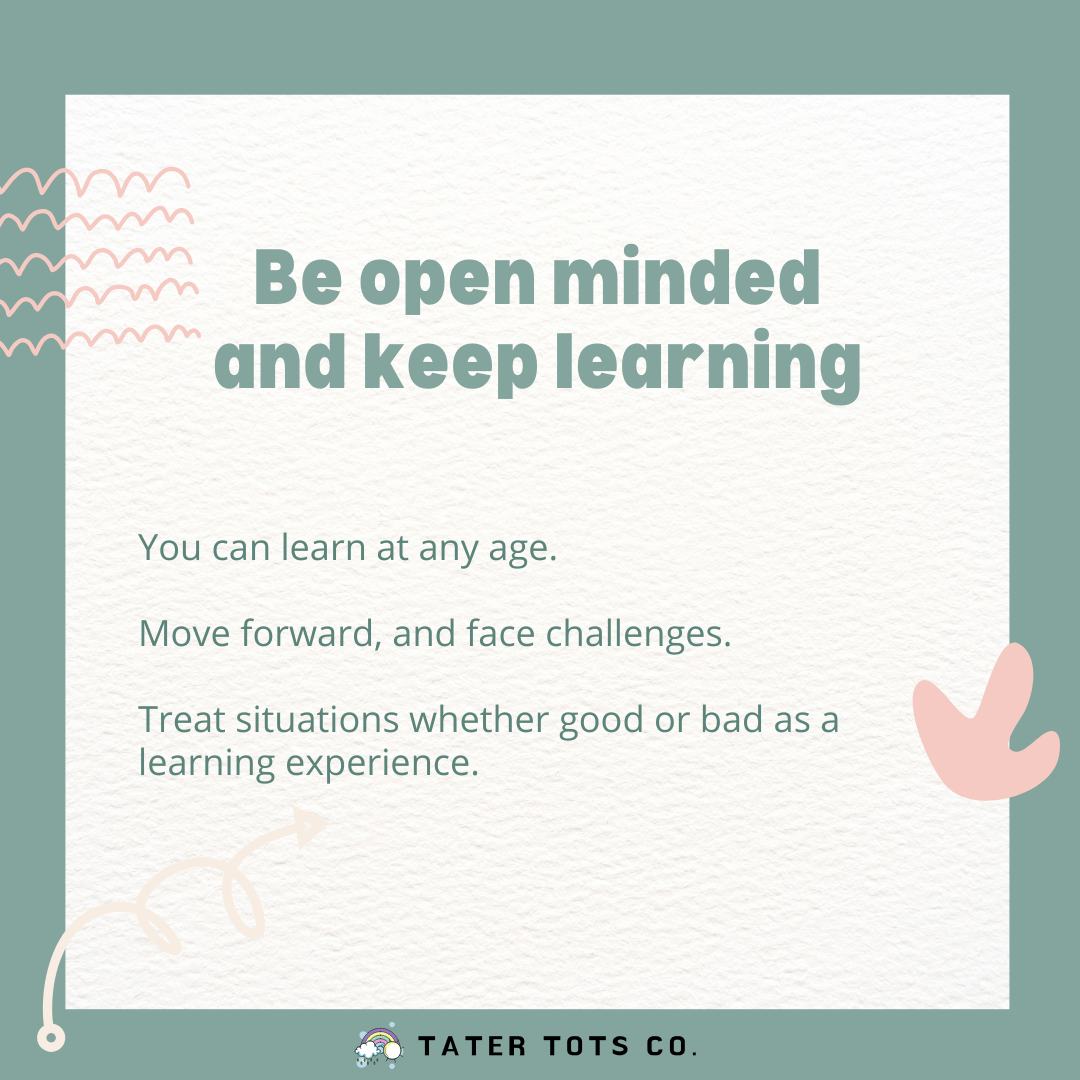
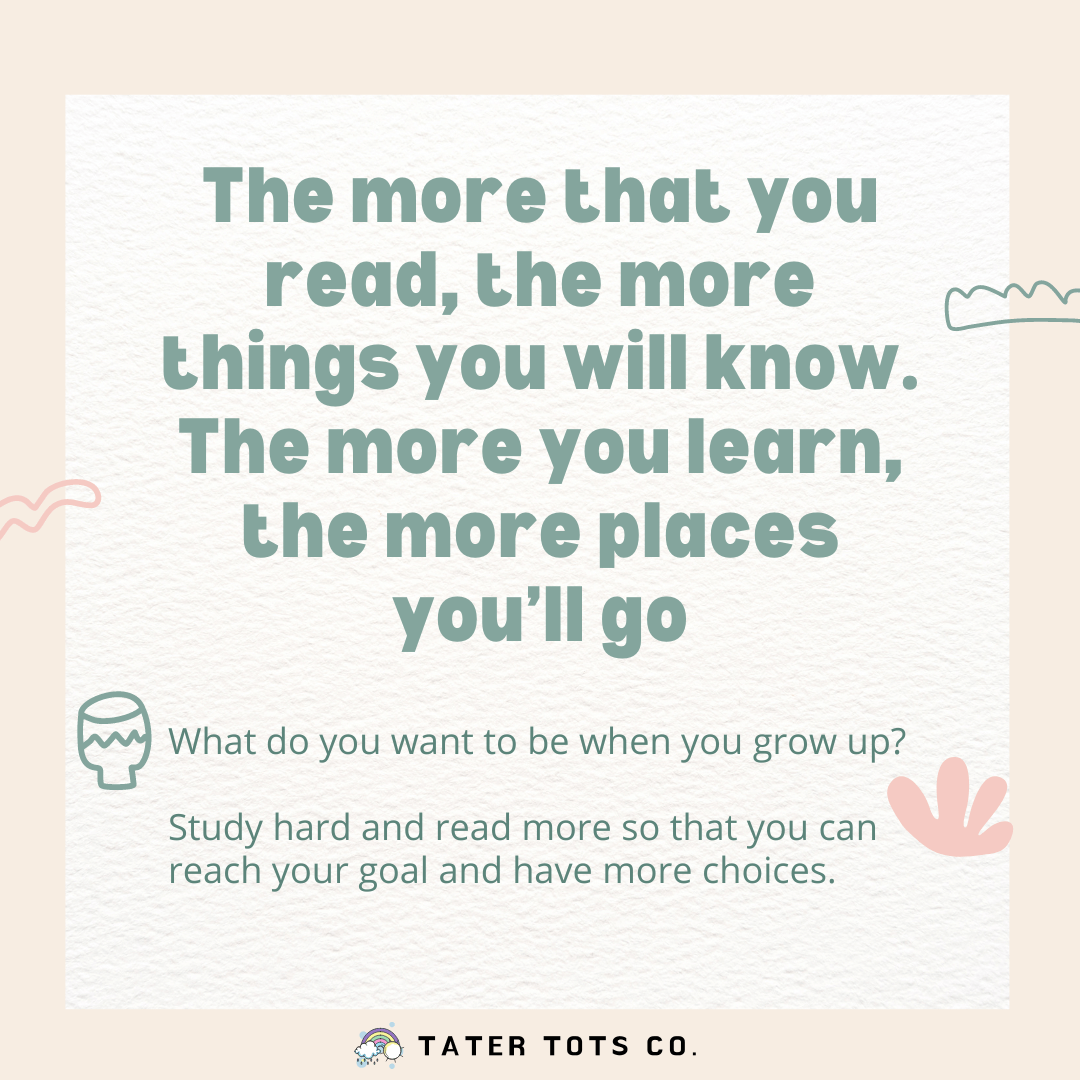
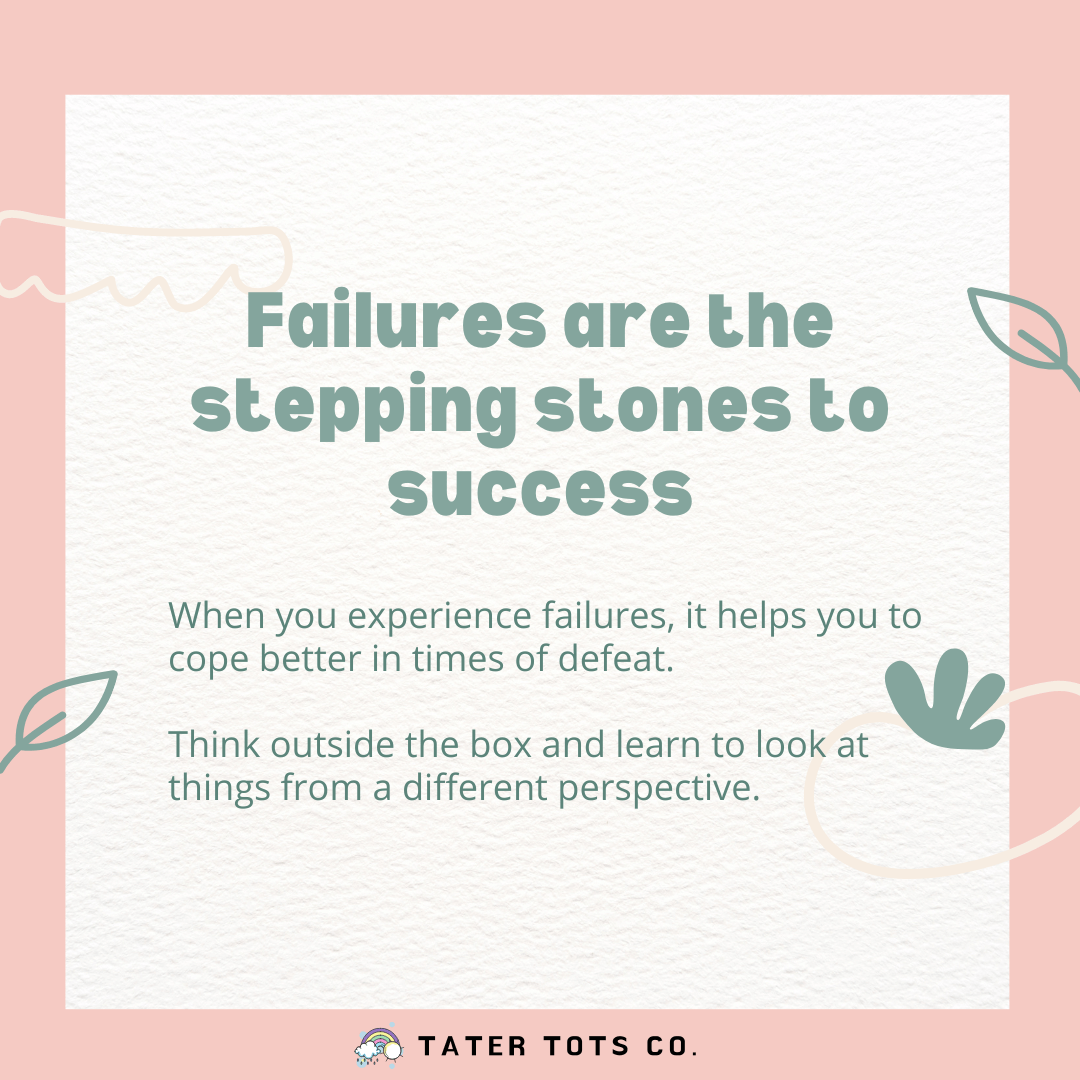
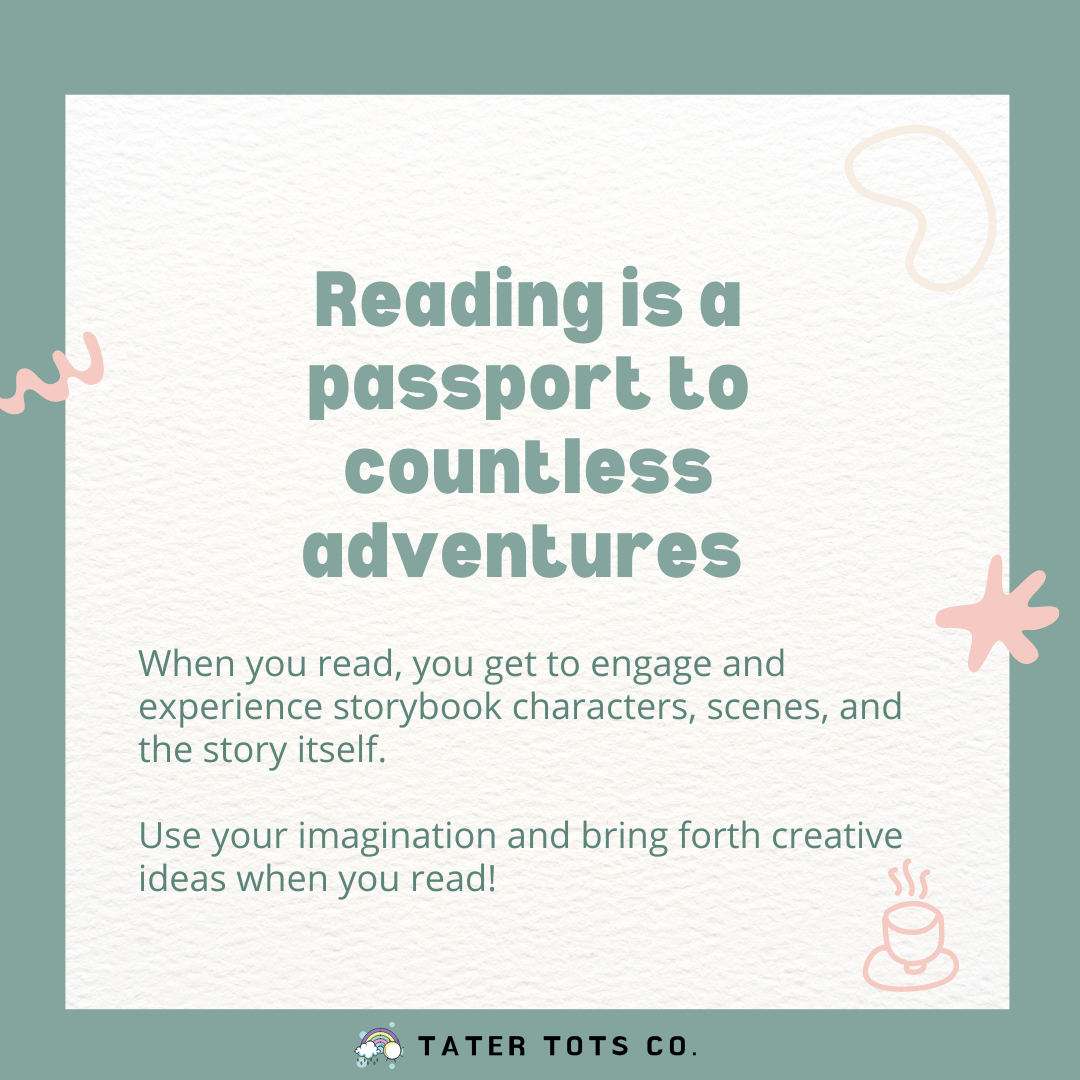
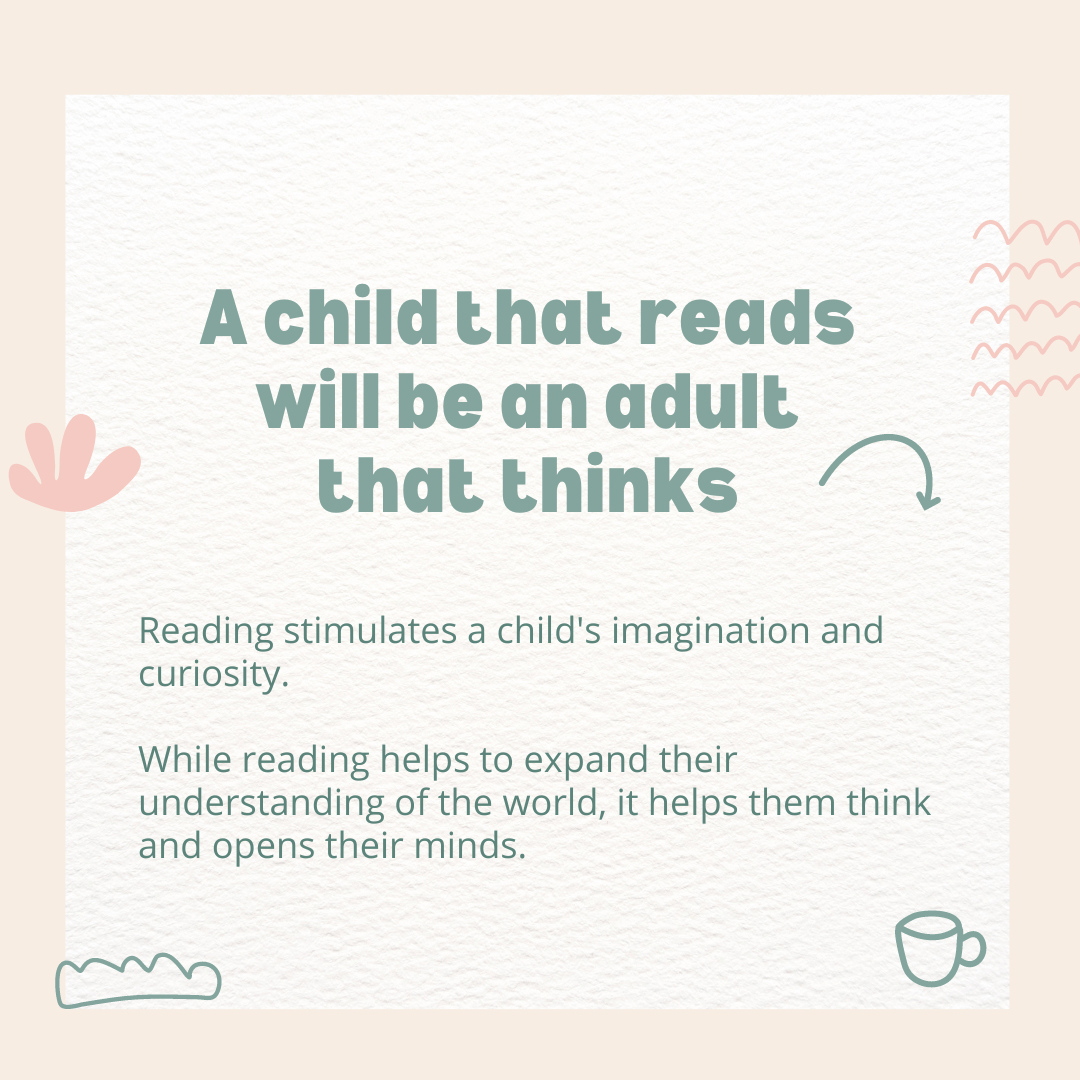
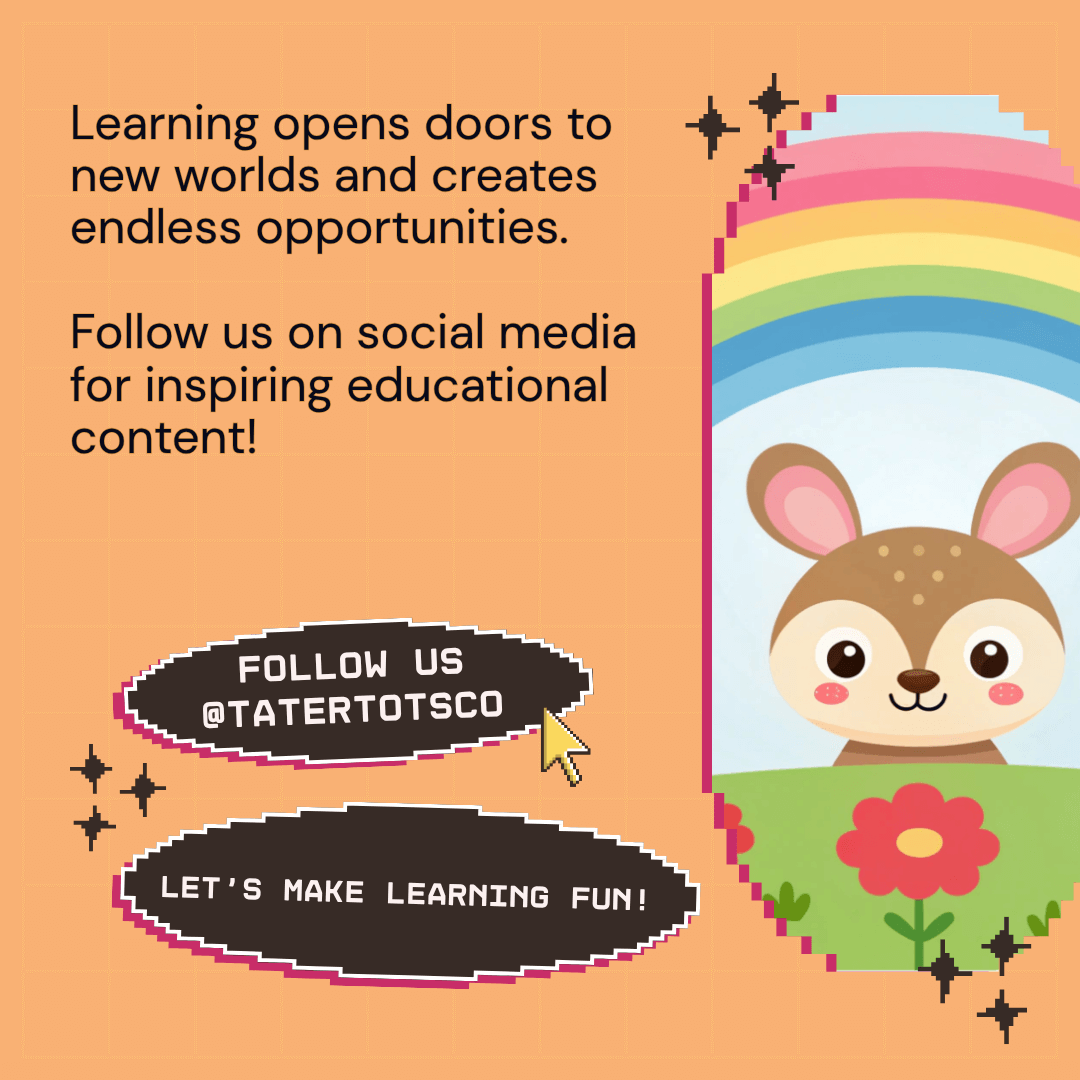
Follow us on Facebook/Pinterest for the latest blog updates, freebies, and Ukulele printables.
Subscribe to us!
Includes a FREE PRESCHOOL PREPARATORY PACK
Assess your child's readiness for preschool and know what to prepare beforehand, with printable templates included.
- Preschool Things to Bring/Pack Checklist
- What I can learn in Preschool
- All About Me toddler activity poster
- Daily activity schedule
- Preschooler's daily journal template
- Reward Chart for Behavior Management
Provide a valid email so that you can receive your freebie!
